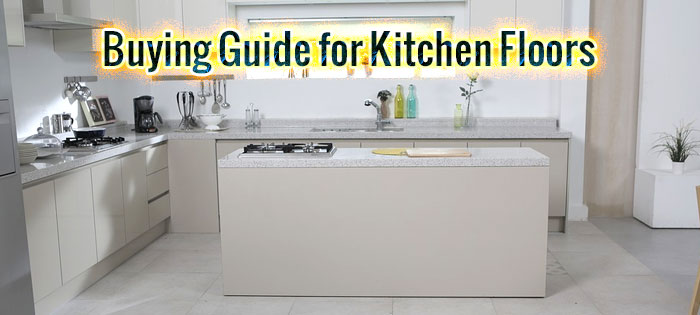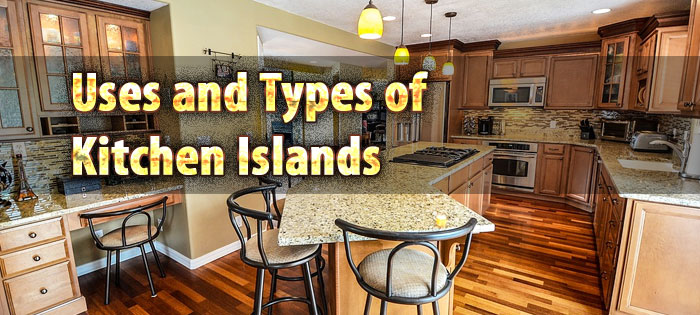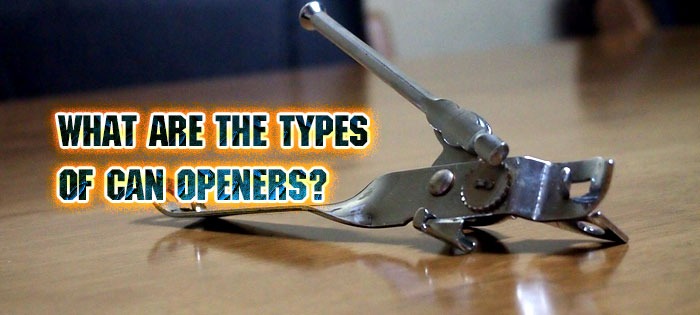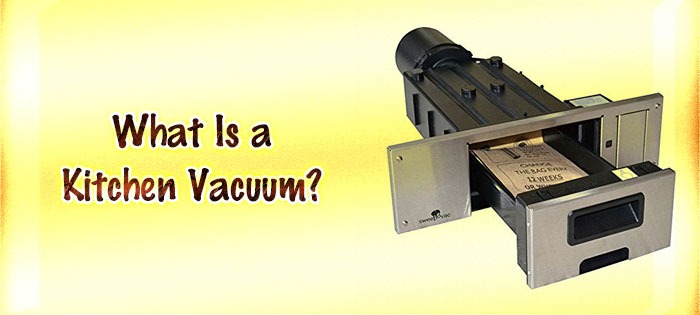What Is the Most Durable Waterproof Kitchen Flooring?
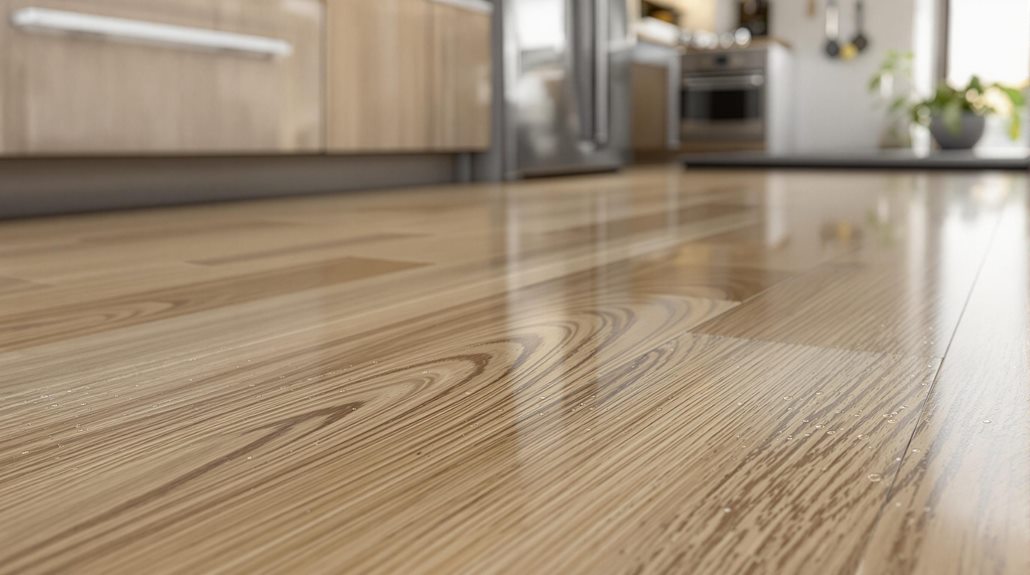
If you're looking for the most durable waterproof kitchen flooring, porcelain tile stands out as the top choice. With a high Mohs hardness rating of 6-8, it resists scratches, chips, and cracks while maintaining a water absorption rate of less than 0.5%. You'll find it outperforms other materials with its 50+ year lifespan and complete water resistance. While it requires professional installation and can feel cold underfoot, porcelain tile's superior durability and endless design options make it worth considering. Understanding the pros and cons of each flooring type will help you make the best choice for your kitchen.
Understanding Waterproof Flooring Materials
Three primary materials dominate the waterproof kitchen flooring market: ceramic and porcelain tiles, poured resin, and luxury vinyl. Each material offers distinct advantages in protecting your kitchen floor from water damage and daily wear.
Ceramic and porcelain tile stand out for their natural water resistance, with porcelain being the more impervious of the two. Their dense construction prevents water from penetrating the surface, making them ideal for high-moisture areas. You'll find porcelain particularly effective in kitchens where spills are frequent.
Poured resin flooring creates a seamless, waterproof barrier through multiple coating layers. You can customize this option with various color combinations and artistic patterns while maintaining complete moisture protection. The continuous surface eliminates joints where water might seep through.
Waterproof vinyl flooring combines practicality with style, featuring a protective top layer that guards against water damage. The innovative design prevents moisture from penetrating between planks or tiles, offering reliable protection for your kitchen floor. While vinyl's lifespan typically ranges from 15-25 years, both porcelain tile and poured resin installations can last several decades with proper care.
Porcelain Tile Benefits and Drawbacks
Leading the market in durability and water resistance, porcelain tile emerges as a standout choice for kitchen flooring. With its impressive Mohs hardness rating of 6-8, you'll find that this flooring material outperforms many other water-resistant flooring options when it comes to resisting scratches, chips, and cracks. Its exceptional water resistance, featuring an absorption rate of less than 0.5%, makes it particularly suitable for areas prone to spills and moisture.
While porcelain tile offers superior durability among flooring materials, you'll need to evaluate both its advantages and limitations. You can choose from countless styles, colors, and patterns to match your kitchen's aesthetic, offering more design flexibility than traditional ceramic tile. However, you should factor in the higher upfront costs and the need for professional installation. Another evaluation is comfort - porcelain tile can feel cold underfoot, especially in colder climates. You might need to invest in additional insulation or heating elements to address this issue. Despite these drawbacks, if you're prioritizing longevity and water resistance in your kitchen flooring, porcelain tile remains one of the most reliable choices available.
Luxury Vinyl Plank Performance

With impressive durability and waterproof features, luxury vinyl plank (LVP) flooring delivers exceptional performance in kitchen environments. You'll find its wear layer of 12-22 mil provides superior protection against daily kitchen challenges, including scratches, stains, and heavy foot traffic. Unlike traditional hardwood or laminate options, LVP stands up remarkably well to spills and moisture exposure.
When you're looking for waterproof floors that can handle kitchen demands, LVP's 100% water-resistant construction makes it an outstanding choice. You won't need to worry about water damage from sink splashes or appliance leaks. The durable kitchen flooring often comes with a limited lifetime warranty, giving you peace of mind about your investment's longevity.
Installation is straightforward with LVP's click-lock system, allowing you to place it directly over various existing surfaces. The built-in cushioned underlayment offers comfort underfoot while reducing noise - a significant advantage over harder flooring materials. This combination of easy installation, comfort, and durability makes luxury vinyl plank an increasingly popular choice for modern kitchens where performance and practicality are essential.
Stone Flooring for Kitchens
Natural stone flooring stands as another excellent waterproof option for your kitchen, offering unmatched elegance and longevity. Stone tile flooring can serve your kitchen for decades when properly maintained, with each type bringing its own unique advantages to your space.
If you're looking for maximum durability, granite should be at the top of your list. It's exceptionally resistant to scratches and stains, making it perfect for busy kitchens with heavy foot traffic. While marble delivers timeless luxury and sophistication, you'll need to be more vigilant with maintenance to prevent etching and staining issues.
For a more rugged aesthetic, consider slate tile. It's highly water-resistant and stands up well to both scratches and stains, making it a practical choice for everyday kitchen use. Travertine offers another distinctive option with its naturally textured surface that can enhance various kitchen styles. However, you'll need to maintain a consistent sealing schedule to protect it from potential staining.
When choosing stone flooring, consider your lifestyle and maintenance preferences alongside aesthetic goals. Each stone type requires specific care, but they all deliver outstanding waterproof performance and lasting beauty for your kitchen.
Comparing Installation and Maintenance Costs

Understanding installation and maintenance costs proves crucial when selecting waterproof kitchen flooring, since these expenses greatly impact your long-term investment. While ceramic and porcelain tiles command the highest installation costs at $5-$50 per square foot, they'll save you money long-term with minimal maintenance requirements beyond periodic sealing.
Luxury vinyl floors, including vinyl plank flooring, offer a more budget-friendly installation at $5-$15 per square foot. These waterproof options require less upkeep than traditional tile, making them cost-effective over time. Similarly, engineered wood floors run $6-$18 per square foot installed, though you'll need to factor in periodic refinishing costs to maintain their appearance.
Natural stone tiles match ceramic's high installation costs at $10-$50 per square foot, but they demand regular sealing and careful cleaning to prevent staining. If you're seeking the most economical option, concrete floors cost just $3-$12 per square foot to install. However, you'll need to invest in professional grinding, polishing, and sealing to achieve a durable, waterproof surface. When comparing these options, consider both upfront costs and long-term maintenance requirements to make the most informed decision for your kitchen.
Durability Under Heavy Kitchen Traffic
Beyond cost considerations, your kitchen floor's ability to withstand constant wear and tear will determine its long-term value. When evaluating flooring options for heavy use areas, you'll find several materials that excel under demanding conditions.
Luxury vinyl plank (LVP) has emerged as a top contender for high-traffic kitchens, offering up to 20 years of reliable performance with its protective urethane coating. The water-resistant properties of LVP make it particularly suitable for busy cooking spaces where spills are common.
For maximum durability, consider these proven options that stand up to heavy kitchen traffic:
- Porcelain tile, with its impressive Mohs hardness rating of 5-7, resists scratches and chips while maintaining its appearance under constant use
- Natural stone tiles like granite provide exceptional durability with a Mohs rating of 6-8, perfect for withstanding heavy appliances and equipment
- Properly sealed concrete flooring can last 50-100 years, making it one of the most durable options available
- Engineered hardwood with quality sealing outperforms traditional hardwood in resistance to scratches and water damage
Each of these materials offers distinctive benefits for your kitchen's specific needs while maintaining long-term durability under heavy use conditions.
Style and Design Options

When selecting waterproof kitchen flooring, you'll uncover a vast array of style and design options that can alter your space. Luxury vinyl flooring, particularly LVP, offers convincing wood-look planks that can alter your kitchen without the risk of water damage. You'll find vinyl plank options that perfectly mimic exotic hardwoods, complete with realistic grain patterns and textures.
Ceramic or porcelain tile presents endless possibilities for customization. You can choose from countless colors, patterns, and sizes to create anything from a classic checkerboard design to a modern geometric layout. Natural stone tiles bring unique character to your kitchen, with each piece of granite, marble, or travertine displaying distinct veining and color variations.
For eco-conscious homeowners, bamboo flooring delivers both sustainability and style with various finishes that complement both traditional and contemporary kitchens. If you're seeking a truly unique look, poured resin floors allow you to customize colors and incorporate decorative elements that you won't find in conventional flooring options. These design choices guarantee your waterproof kitchen flooring not only protects against moisture but also enhances your home's aesthetic appeal.
Long-Term Value and Protection
The aesthetic appeal of waterproof kitchen flooring goes hand in hand with its lasting value and safeguard capabilities. When you're investing in the best waterproof flooring for your kitchen, you'll want to examine how each option performs over time and shields your subfloor from water damage.
For maximum long-term value, consider these top-performing options:
- Porcelain tile leads the pack with an impressive 50+ year lifespan and completely resists water, making it the most cost-effective choice per year of use
- Luxury Vinyl Tile and vinyl plank (LVP) offer excellent value with 15-25 years of dependable performance, combining affordability with superior water resistance
- Natural stone provides decades of durability when properly maintained, though you'll need to factor in periodic sealing costs
- Poured epoxy creates an impenetrable barrier that can last for decades, justifying its higher initial investment
Each of these options delivers different levels of protection against moisture, but they all share the essential ability to shield your kitchen's subfloor from water damage. While upfront costs vary noticeably, calculating the cost per year of service helps you determine which option provides the best return on investment for your specific needs.

